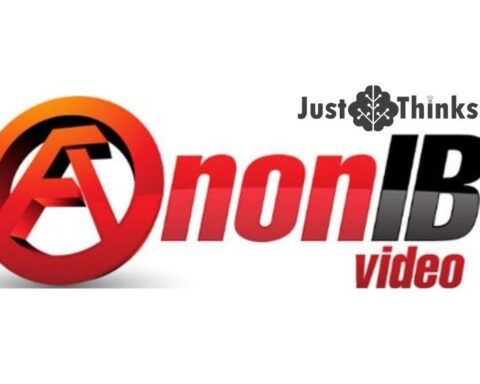Introduction
In the digital age, privacy and security have become paramount concerns for internet users worldwide. The recent incident involving the leak of Rachel Cook leak private information has once again brought these issues to the forefront. In this comprehensive guide, we delve into the Rachel Cook leak saga, examine its implications, and provide actionable tips to safeguard your online presence.
Understanding the Rachel Cook Leak
The Rachel Cook leak refers to the unauthorized disclosure of personal information, including private photos and videos, belonging to the popular model and social media influencer, Rachel Cook. This breach of privacy not only violated Cook’s rights but also highlighted the vulnerability of individuals to cyber exploitation.
Implications for Privacy and Online Security
The Rachel Cook leak serves as a sobering reminder of the risks associated with sharing personal content online. Despite privacy settings and security measures, individuals remain susceptible to hacking, data breaches, and malicious exploitation. Moreover, the proliferation of social media platforms and digital communication channels has amplified these risks, making it imperative for users to exercise caution and vigilance.

Protecting Yourself in the Digital Age
- Review Your Privacy Settings: Regularly audit your privacy settings on social media platforms and adjust them to limit the visibility of your content to trusted contacts only.
- Use Strong Passwords: Strengthen your online accounts by using complex passwords that include a combination of letters, numbers, and special characters. Consider using a reputable password manager to securely store and manage your login credentials.
- Enable Two-Factor Authentication (2FA): Add an extra layer of security to your accounts by enabling two-factor authentication, which requires a secondary verification method, such as a code sent to your mobile device, in addition to your password.
- Be Mindful of What You Share: Think twice before sharing personal information or sensitive content online. Once data is uploaded to the internet, it can be difficult to control its dissemination, as evidenced by the Rachel Cook leak.
FAQs
Q: How can I determine if my personal information has been compromised?
Monitor your online accounts for any suspicious activity, such as unauthorized logins or unusual changes to your settings. Additionally, consider using reputable identity monitoring services to alert you to potential security threats.
Q: What legal recourse do victims of privacy breaches have?
Victims of privacy breaches may pursue legal action against the perpetrators for damages, injunctions, or other remedies available under applicable laws. It’s advisable to consult with a qualified attorney who specializes in cyber law for personalized guidance.
Q: How can I support efforts to enhance online privacy and security?
Stay informed about cybersecurity issues, advocate for stronger data protection measures, and support organizations that promote digital rights and online safety initiatives.
Conclusion
The Rachel Cook leak underscores the importance of prioritizing privacy and security in an increasingly interconnected world. By adopting proactive measures and fostering a culture of digital responsibility, individuals can mitigate the risks posed by cyber threats and safeguard their online identities. Remember, protecting your privacy is not just a personal responsibility but a collective endeavor to create a safer and more secure internet for all.






